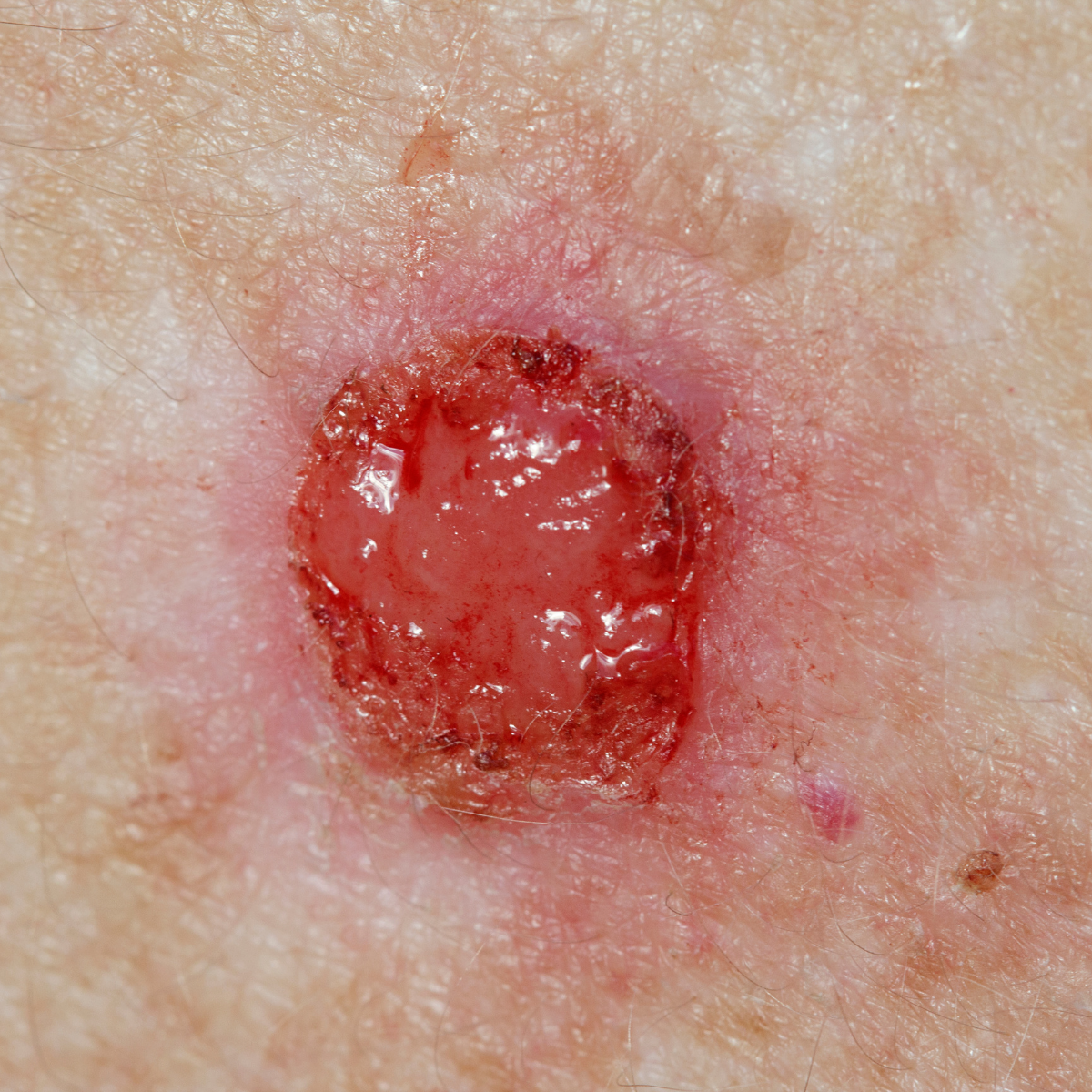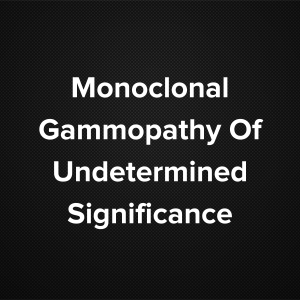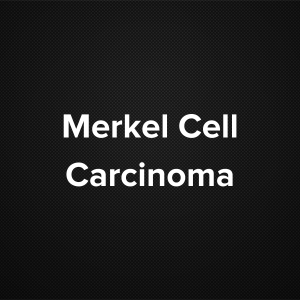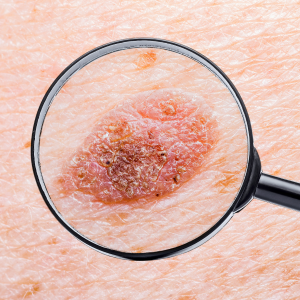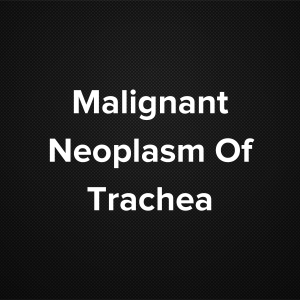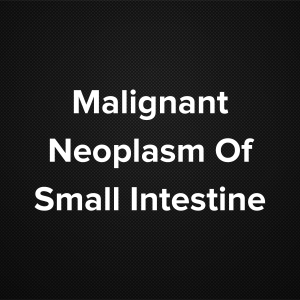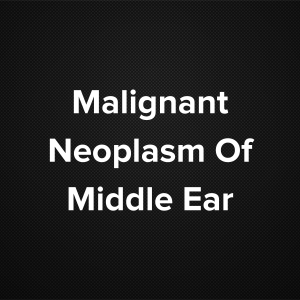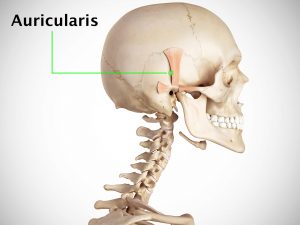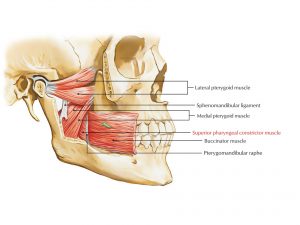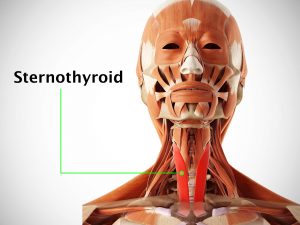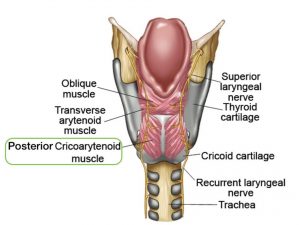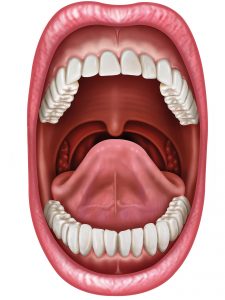Causative & risk factors
Like most cancers, the exact cause of nasopharyngeal carcinoma is not known. Being of Asian descent is a known risk factor for development of nasopharyngeal carcinoma. Other risk factors include drinking large amounts of alcohol and infection with the Epstein-Barr virus.
Men are more prone to develop this cancer, especially middle-aged ones. A family history of nasopharyngeal carcinoma is also associated with a higher risk of developing it.
Clinical presentation
Nasopharyngeal carcinoma does not produce any symptoms in the initial stages. Later a lump or polyp may be seen in the nose (tumor) or neck (enlarged lymph node). You may notice blood in your saliva or nasal discharge. The nasal discharge may be foul smelling. Ear symptoms such as loss of hearing or frequent infections are produced. Other symptoms include a congested nose, loss of smell, a sore throat and headaches.
Investigations
The doctor will first elicit the patient’s medical history and carry out a physical exam. A nasal endoscopy will be carried out to visualize the nasopharynx and take a biopsy sample from the suspected cancerous tissue. The presence of nasopharngeal carcinoma is confirmed on the basis of the biopsy analysis.
Other imaging studies such as X-rays, CT scans or MRI scans are carried out. A positron emission tomography (PET) scan is carried out to determine whether the cancer has metastasized.
Treatment
Radiation therapy is the primary form of treatment for nasopharyngeal carcinoma. It may sometimes be combined with chemotherapy. Rarely surgery is performed to remove the tumor and the affected lymph nodes.
